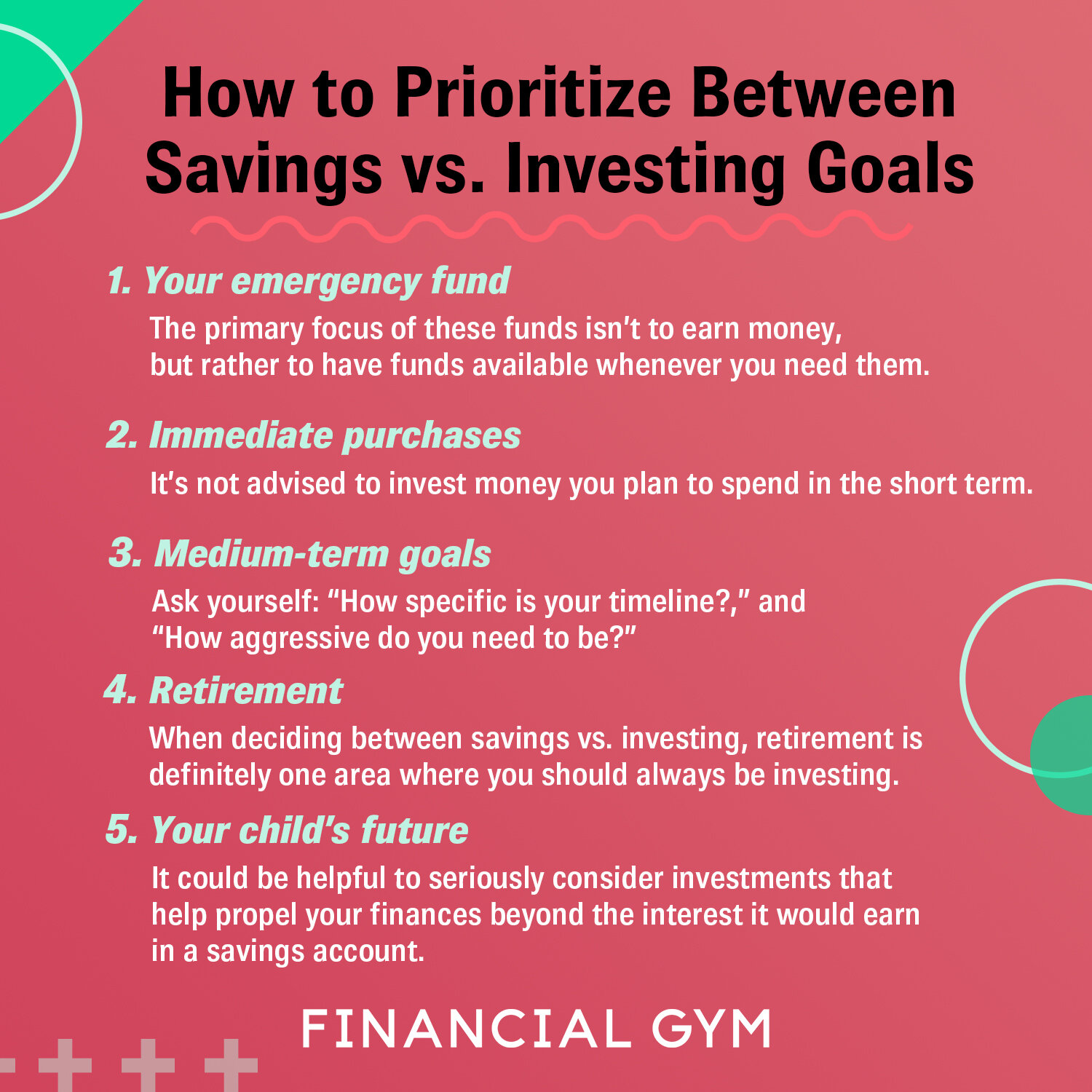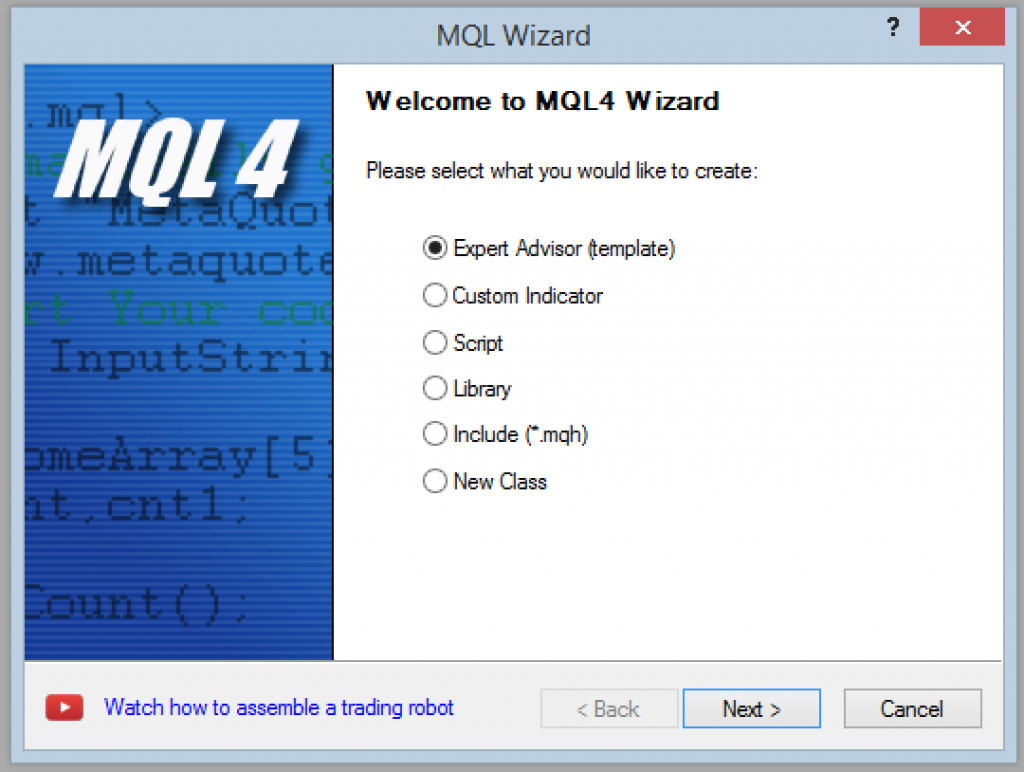
The smartest way to reap the rewards of rising gold price is to purchase gold mining stocks. Investors should be aware that investing with gold companies can prove risky. While it can be a good option for short-term investments, investors should know that the stock market can fluctuate. Investors may also have to pay capital gain taxes when the stock is sold. You can use gold stocks to provide a buffer against the volatility of the stock market. The market can be volatile so investors should diversify.
If you want to invest in a gold mining stock, you should consider some of the world's largest producers. Newmont Corporation is one the largest players in the industry. The company owns mines in five countries on four continents, and produces gold and other metals.
Barrick Gold, another company, is regarded as one of the top in the world. It is headquartered in Canada, and operates in North and South America as well as Africa.

Barrick's share price has declined over the last six months as the company's performance has weakened. However, the company was able to reduce costs and increase its dividends. In the first quarter of 2019, the company reported record profits, and its dividend yield increased to 4 cents per share.
The share value of a company mining gold depends on how well it performs and the price of gold. Some gold stocks have a higher price than others. Another factor that affects the stock price is the interest rate environment. A lower interestrate makes it easier for gold production and can lead to higher earnings.
When purchasing the stock, investors need to consider the cost of making gold. AngloGold, which is one of the top producers in the industry, has a higher production cost than its competitors. The production guidance for 2019 by AngloGold indicates a 5.5% - 1% decrease in costs. However, it isn't clear if this will continue.
Eldorado Gold, another gold mining company, has operations in Canada and Greece. It is not one of the most profitable gold stocks but has an outstanding track record for creating shareholder value.

Newmont Corporation is the number one gold producer on the planet. It has a worldwide portfolio that offers greater protection against potential pitfalls when doing business in different areas. Nevada is the location of one of its largest production facilities for gold. A joint venture holds 61.5%. This joint venture should help increase the company’s cash flow.
Agnico-Eagle Mines produces a wide range of gold and has paid dividends since 1983. The company's annual gold production is expected to increase to between 3.2 million and 3.4million ounces by 2022. The company owns many mines across the globe, including those in Australia.
Royal Gold was initially founded in 1981 to explore oil fields. It then entered the gold streaming sector in 1987. Its share price fell from $38 to $4, after which it was valued at $38. Despite being under pressure, the stock price is still worth purchasing.
FAQ
How can people lose their money in the stock exchange?
The stock exchange is not a place you can make money selling high and buying cheap. You lose money when you buy high and sell low.
The stock market is an arena for people who are willing to take on risks. They may buy stocks at lower prices than they actually are and sell them at higher levels.
They expect to make money from the market's fluctuations. But they need to be careful or they may lose all their investment.
How are shares prices determined?
Investors set the share price because they want to earn a return on their investment. They want to make profits from the company. They buy shares at a fixed price. If the share price increases, the investor makes more money. If the share price goes down, the investor will lose money.
The main aim of an investor is to make as much money as possible. They invest in companies to achieve this goal. This allows them to make a lot of money.
What is a fund mutual?
Mutual funds are pools that hold money and invest in securities. They allow diversification to ensure that all types are represented in the pool. This helps to reduce risk.
Mutual funds are managed by professional managers who look after the fund's investment decisions. Some funds permit investors to manage the portfolios they own.
Mutual funds are more popular than individual stocks, as they are simpler to understand and have lower risk.
What are the advantages of investing through a mutual fund?
-
Low cost - buying shares from companies directly is more expensive. It's cheaper to purchase shares through a mutual trust.
-
Diversification – Most mutual funds are made up of a number of securities. The value of one security type will drop, while the value of others will rise.
-
Professional management – professional managers ensure that the fund only purchases securities that are suitable for its goals.
-
Liquidity is a mutual fund that gives you quick access to cash. You can withdraw your money whenever you want.
-
Tax efficiency - mutual funds are tax efficient. As a result, you don't have to worry about capital gains or losses until you sell your shares.
-
No transaction costs - no commissions are charged for buying and selling shares.
-
Mutual funds are easy-to-use - they're simple to invest in. All you need is a bank account and some money.
-
Flexibility - you can change your holdings as often as possible without incurring additional fees.
-
Access to information – You can access the fund's activities and monitor its performance.
-
Ask questions and get answers from fund managers about investment advice.
-
Security - you know exactly what kind of security you are holding.
-
You can take control of the fund's investment decisions.
-
Portfolio tracking allows you to track the performance of your portfolio over time.
-
Easy withdrawal: You can easily withdraw funds.
There are disadvantages to investing through mutual funds
-
Limited investment opportunities - mutual funds may not offer all investment opportunities.
-
High expense ratio - the expenses associated with owning a share of a mutual fund include brokerage charges, administrative fees, and operating expenses. These expenses will eat into your returns.
-
Lack of liquidity: Many mutual funds won't take deposits. They must be bought using cash. This limits the amount that you can put into investments.
-
Poor customer service: There is no single point of contact for mutual fund customers who have problems. Instead, contact the broker, administrator, or salesperson of the mutual fund.
-
Risky - if the fund becomes insolvent, you could lose everything.
Statistics
- US resident who opens a new IBKR Pro individual or joint account receives a 0.25% rate reduction on margin loans. (nerdwallet.com)
- The S&P 500 has grown about 10.5% per year since its establishment in the 1920s. (investopedia.com)
- For instance, an individual or entity that owns 100,000 shares of a company with one million outstanding shares would have a 10% ownership stake. (investopedia.com)
- "If all of your money's in one stock, you could potentially lose 50% of it overnight," Moore says. (nerdwallet.com)
External Links
How To
How to open a Trading Account
To open a brokerage bank account, the first step is to register. There are many brokerage firms out there that offer different services. Some have fees, others do not. Etrade is the most well-known brokerage.
Once you have opened your account, it is time to decide what type of account you want. You should choose one of these options:
-
Individual Retirement Accounts (IRAs).
-
Roth Individual Retirement Accounts
-
401(k)s
-
403(b)s
-
SIMPLE IRAs
-
SEP IRAs
-
SIMPLE 401(k).
Each option has different benefits. IRA accounts have tax benefits but require more paperwork. Roth IRAs permit investors to deduct contributions out of their taxable income. However these funds cannot be used for withdrawals. SIMPLE IRAs and SEP IRAs can both be funded using employer matching money. SIMPLE IRAs can be set up in minutes. They enable employees to contribute before taxes and allow employers to match their contributions.
The final step is to decide how much money you wish to invest. This is called your initial deposit. A majority of brokers will offer you a range depending on the return you desire. Based on your desired return, you could receive between $5,000 and $10,000. The conservative end of the range is more risky, while the riskier end is more prudent.
After you've decided which type of account you want you will need to choose how much money to invest. You must invest a minimum amount with each broker. These minimum amounts vary from broker-to-broker, so be sure to verify with each broker.
After deciding the type of account and the amount of money you want to invest, you must select a broker. You should look at the following factors before selecting a broker:
-
Fees - Be sure to understand and be reasonable with the fees. Many brokers will try to hide fees by offering free trades or rebates. Some brokers will increase their fees once you have made your first trade. Be cautious of brokers who try to scam you into paying additional fees.
-
Customer service - Find customer service representatives who have a good knowledge of their products and are able to quickly answer any questions.
-
Security - Choose a broker that provides security features such as multi-signature technology and two-factor authentication.
-
Mobile apps – Check to see if the broker provides mobile apps that enable you to access your portfolio wherever you are using your smartphone.
-
Social media presence – Find out if your broker is active on social media. It may be time to move on if they don’t.
-
Technology – Does the broker use cutting edge technology? Is the trading platform simple to use? Are there any issues when using the platform?
Once you have selected a broker to work with, you need an account. While some brokers offer free trial, others will charge a small fee. Once you sign up, confirm your email address, telephone number, and password. Then, you'll be asked to provide personal information such as your name, date of birth, and social security number. You'll need to provide proof of identity to verify your identity.
Once verified, your new brokerage firm will begin sending you emails. These emails contain important information about you account and it is important that you carefully read them. You'll find information about which assets you can purchase and sell, as well as the types of transactions and fees. Keep track of any promotions your broker offers. These could be referral bonuses, contests or even free trades.
Next, you will need to open an account online. An online account can usually be opened through a third party website such as TradeStation, Interactive Brokers, or any other similar site. Both of these websites are great for beginners. To open an account, you will typically need to give your full name and address. You may also need to include your phone number, email address, and telephone number. After this information has been submitted, you will be given an activation number. This code will allow you to log in to your account and complete the process.
Once you have opened a new account, you are ready to start investing.